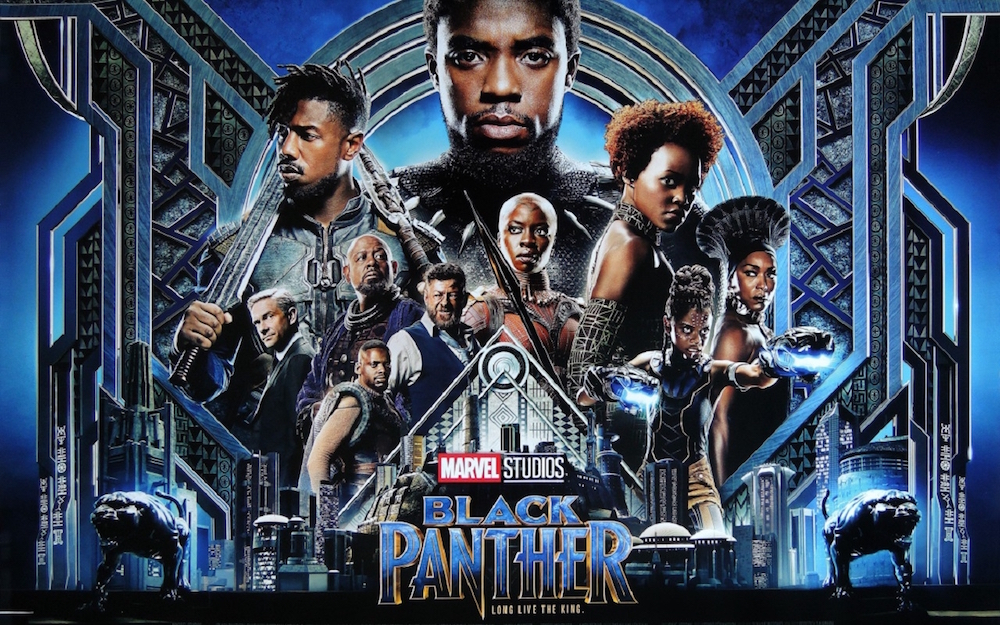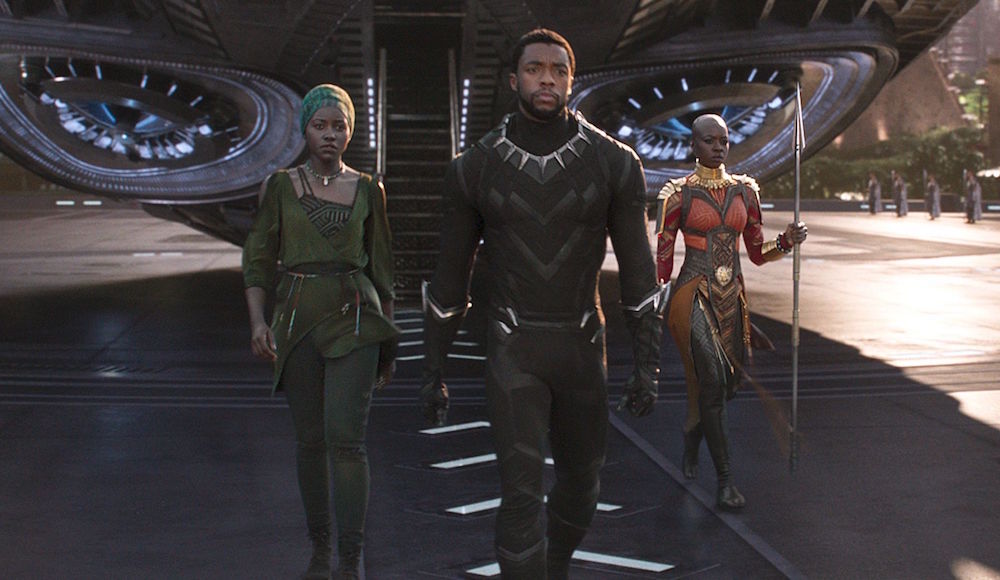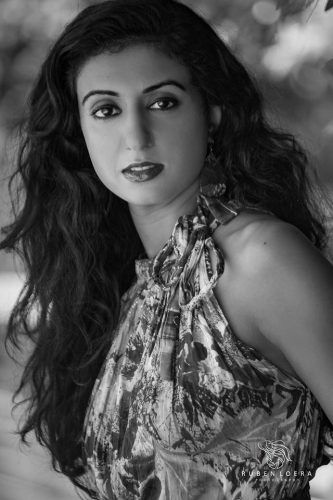
by Natasha Sharma – Follow @BrownGirlMag
Hands down, “Black Panther” is one of the most awe-inspiring and impactful films I’ve ever seen. This is coming from someone who never followed the Marvel comics or movies and is not exactly what one would call a superhero-movie enthusiast.
Though the storyline was captivating, and the special effects were mind-blowing, the true highlight of the film (yes, even more than Michael B. Jordan’s beautiful, chiseled body) was its thought-provoking and revolutionary political messages. In “Black Panther,” individuals of African descent are depicted in a positive light. They are powerful, highly-cultured, and multifaceted.

There is no question that this film marks a milestone for the global black diaspora. It completely shatters historically-rooted, negative stereotypes of black communities, and it unapologetically champions and affirms blackness in ways white-dominated Hollywood has never seen.
As a South Asian-American woman, I firmly believe that “Black Panther” is a win for non-black communities of color too. Without question, the film holds a special significance for members of the African diaspora, but it also provides a glimmer of hope and inspiration for racial minorities across all backgrounds.

I am thankful that I was raised by parents who showed me what it means to be unapologetically Brown; if it weren’t for them, I have no doubt that I would have internalized these negative media images. The media plays a critical role in shaping the ways in which we perceive ourselves and the world around us, especially for youth. The youth of color especially are at a major disadvantage.
From the time the time we are very young, we rarely see people who look like us in the media. In the few instances in which we do, we see people of our respective racial backgrounds pigeon-holed as drug dealers, gangsters, sex objects, sidekicks, nerds, convenience store owners, etc. and the list goes on.
“Black Panther” challenges centuries of negative stereotypes by depicting people of color as powerful, intelligent, beautiful, and accomplished. Considering how much my peers of color and I struggled in this regard, I am thrilled that youth of color today have the “Black Panther” characters to look up to.
Additionally, as a brown woman, “Black Panther” spoke to me in many ways. I truly appreciate the film’s emphasis on intersectional feminism and its depiction of women of color as fearless and influential. There are no hyper-sexualized “damsels in distress” in this film; all of the female characters have substance and are an integral part of the storyline. Whether it is Nakia (Lupita Nyong’o) using her powers to save victims of human trafficking, Okoye (Danai Gurira) leading the Dora Milage (Wakanda’s armed forces), or Shuri (Letitia Wright) as Wakanda’s leading scientist and inventor, the women of “Black Panther” are a force to be reckoned with.

“Black Panther” is a victory not just for African-Americans and Africans, but for people of color across all ethnic backgrounds. While members of the African diaspora have undoubtedly experienced the most marginalization throughout history, all people of color (in varying degrees) are impacted by systemic racism.
[Read More: An Oscar Nomination For Dev Patel Isn’t Proof Of South Asian Progress in Hollywood — But It’s A Start]
Black, South Asian, Middle Eastern, East Asian, Latino, Native American, etc. we all know all too well what it feels like to be stereotyped and labeled. We know what it feels like to see ourselves and our respective communities depicted in an inaccurate and derogatory manner for the world to see. We see the impact these negative media images have on the self-worth of youth of color.
For all these reasons, “Black Panther” is a game changer for racial minorities across the board. A gain made by members of one minority group is ultimately a step closer to achieving liberation for members of all minority groups. Thus, #WakandaForever is a message we can all rejoice in and celebrate in solidarity.
 Natasha Sharma is a recent graduate of the masters in social work program at Washington University’s Brown School. Her area of focus is issues affecting immigrant, refugee, and minority youth. Natasha hopes to eventually pursue a career in the field of ethnographic research, human rights, and community development. Alongside her social justice related efforts, Natasha does some fashion modeling. She hopes to use modeling as a platform to increase representation of women of color in the media.
Natasha Sharma is a recent graduate of the masters in social work program at Washington University’s Brown School. Her area of focus is issues affecting immigrant, refugee, and minority youth. Natasha hopes to eventually pursue a career in the field of ethnographic research, human rights, and community development. Alongside her social justice related efforts, Natasha does some fashion modeling. She hopes to use modeling as a platform to increase representation of women of color in the media.




